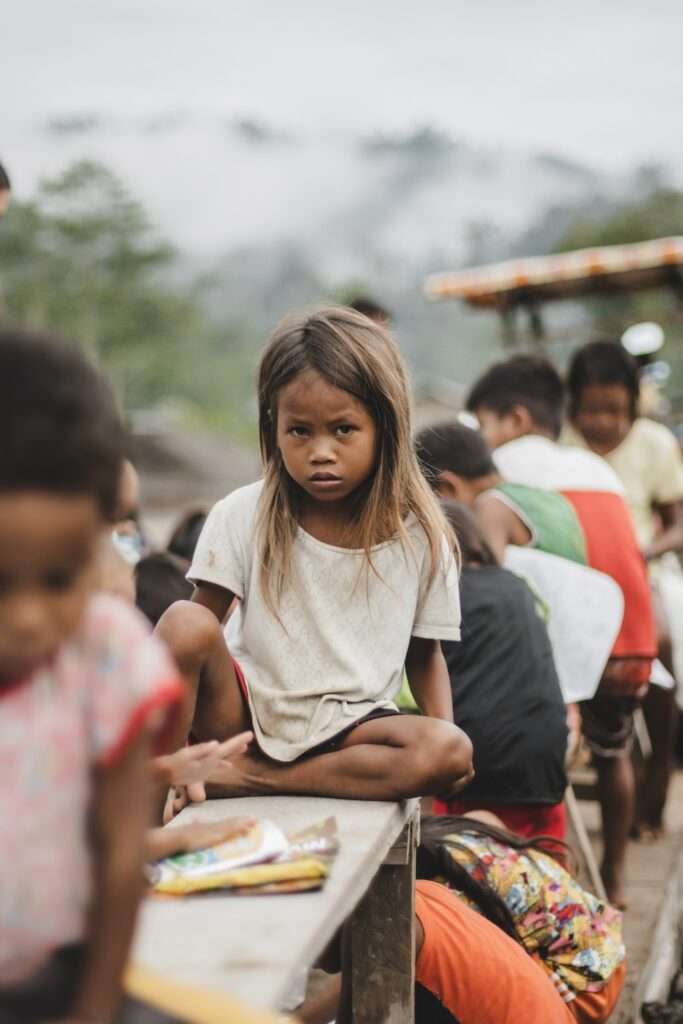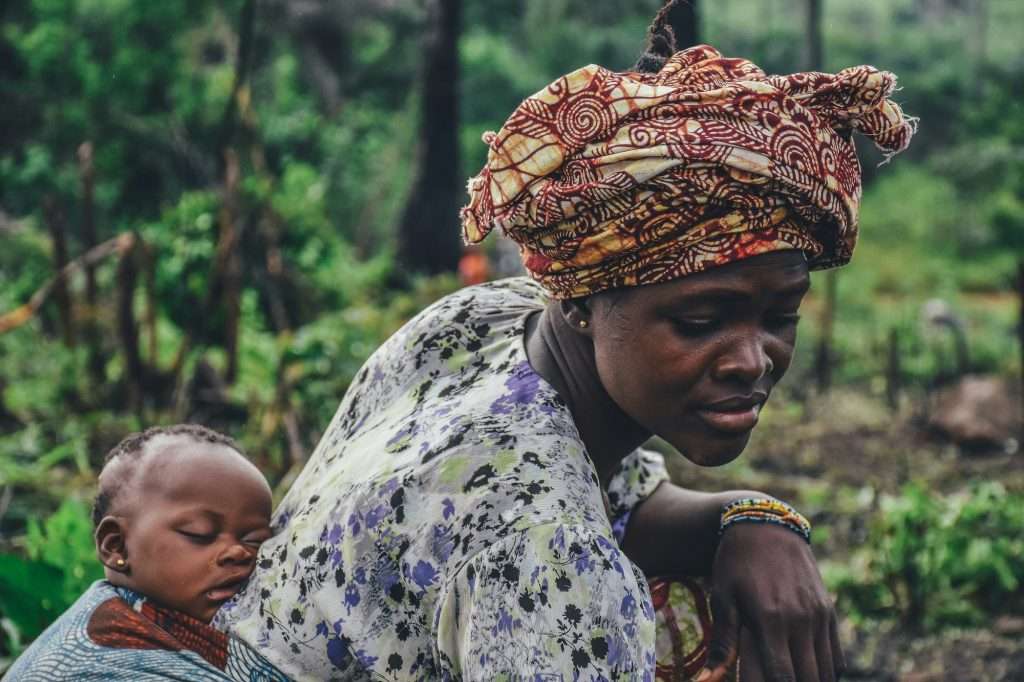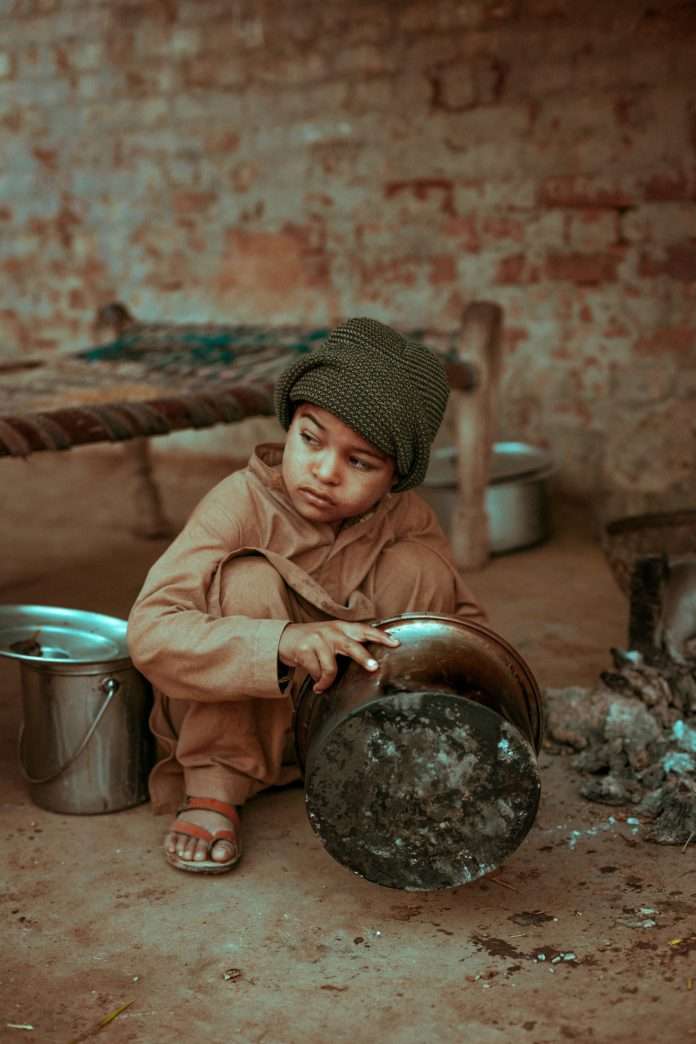More than 50 million children, especially those already at risk due to poverty, racism, and education gaps, are facing serious threats due to climate change and increasing global conflicts. Reports from Save the Children and the American Academy of Pediatrics call for urgent action.
In 2023, more than ten million children were forced to flee their homes due to the world’s ten largest crises, including the conflict in Gaza, raising the global total of displaced children to a record-breaking 50 million, according to a recent report from Save the Children. This figure has more than doubled from approximately 20.6 million in 2010, with children now representing a larger proportion of the 114 million people displaced as of October 2023. These children, displaced both within and outside their countries, face the loss of healthcare, education, safety, and stability.
Conflict and climate-induced crises are displacing 29,000 children daily, the report notes, with the highest numbers in Sudan due to military clashes, and Somalia, where environmental disasters have displaced 2.4 million children. The crisis in Gaza, deemed by the International Court of Justice as potentially genocidal, has also significantly contributed to the displacement, affecting nearly 1 million children. Other significant crises included in the analysis were in Congo, Turkey, Syria, Afghanistan, Myanmar, Ukraine, Ethiopia, and South Sudan. The organization emphasizes that displaced children lose nearly everything, highlighting the urgent need to focus responses on protecting their rights amidst these emergencies.

“While the statistics are overwhelming, a displaced child is not just a number. It’s a child who has most likely witnessed the kind of violence or destruction no child should ever have to see, before having to leave behind everything that they know,” Save the Children’s global humanitarian director, Gabriella Waaijman, said in a statement. “When children lose their homes, they lose almost everything: their access to healthcare, education, food, and safety.”
Climate change and children’s health
The report comes as the American Academy of Pediatrics (AAP) has issued a new policy statement titled “Climate Change and Children’s Health: Building a Healthy Future for Every Child,” alongside a comprehensive technical report, marking a significant update to AAP’s 2015 recommendations. The new report and statement underscore the escalating concern for the impact of climate change on the health and development of children and shed light on their heightened vulnerability to the contaminants in air, food, and water exacerbated by climate change.
“We see firsthand the effects of air pollution, wildfires, and heat on our children with asthma and respiratory illnesses,” Dr. Samantha Ahdoot, MD, FAAP, the report’s lead author said in a statement. “Children who already bear a higher burden of disease because of poverty, structural racism, and less education or who speak languages other than English face even higher risks of climate change hazards. But we understand the cause of this problem, so we know how to fix it. Climate solutions are the foundation of a healthy future for every child.”

The AAP’s latest policy and technical report are pivotal components of a new strategic initiative focusing on environmental health and disaster readiness. These efforts are integral to the organization’s 2024 priorities, as determined by its Board of Directors, to mitigate the adverse effects of climate change on children’s health. The policy recommendations extend across the medical and governmental sectors, advocating for the integration of climate change counseling into clinical practices, the inclusion of climate, health, and equity curricula in medical education, and the promotion of sustainable diets and active transportation. The AAP emphasizes the need for physicians to assess climate risks and advocate for climate solutions that address social determinants of health, such as energy, food, and housing security.
On a broader scale, the AAP urges policymakers to foster energy efficiency and renewable energy production, expand public transportation, and support urban planning designs that reduce automobile dependence. Such measures are vital for reducing reliance on fossil fuels, promoting cleaner air, and facilitating access to nature.
Echoing the sentiment of collective responsibility, Dr. Carl R. Baum, MD, FACMT, FAAP, co-author of the policy statement, said that we all want our children to grow up healthy, safe, and secure. “Building a healthier planet is essential to reach that goal in the midst of uncertainties about what climate change will bring.” Dr. Baum’s comments underscore the pediatrician’s role in guiding families toward meaningful actions against climate change.
Related on Ethos:


